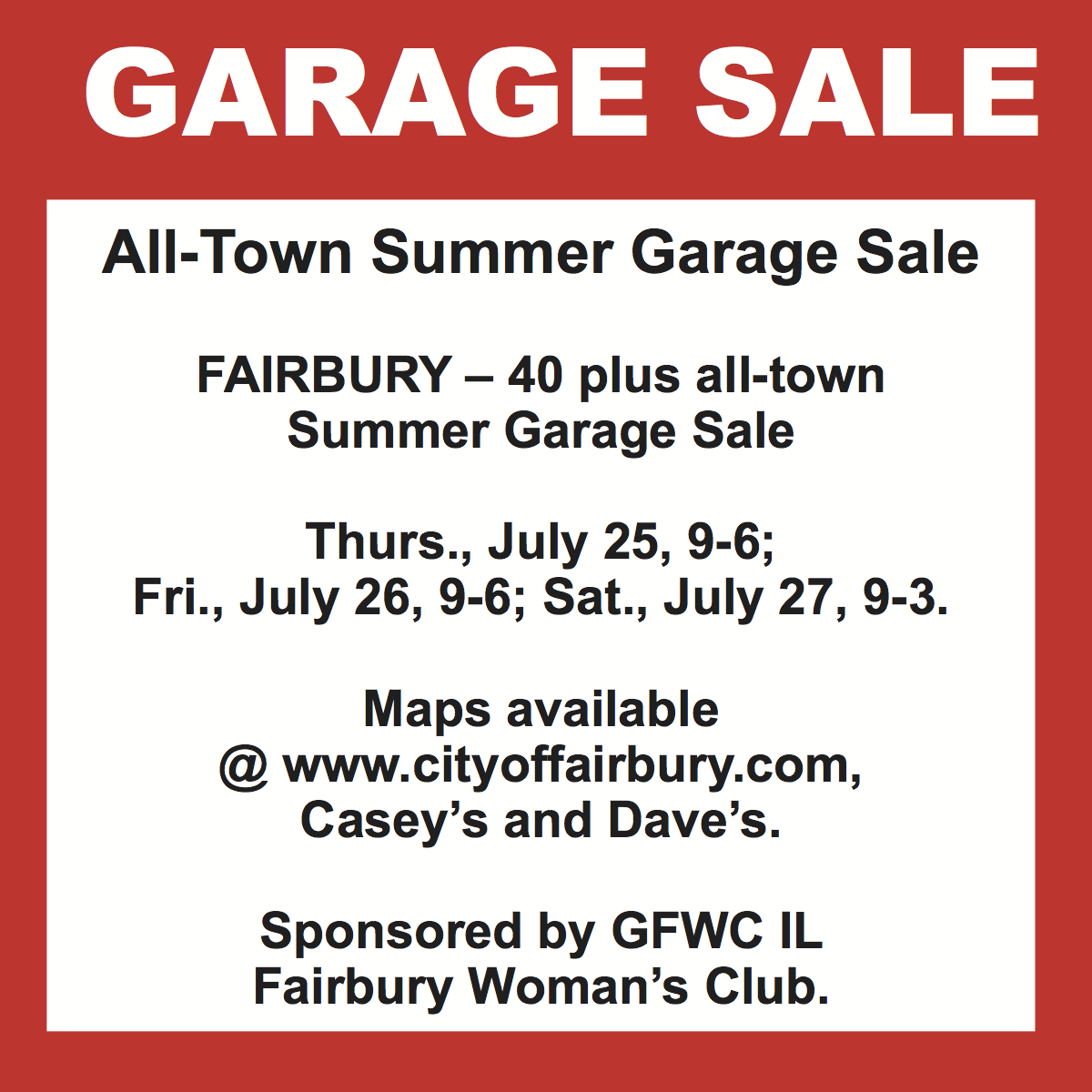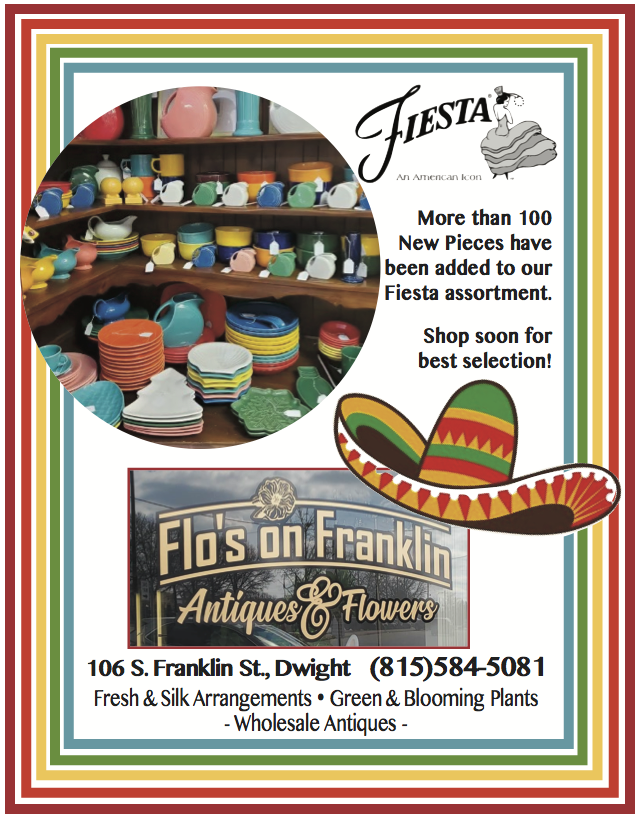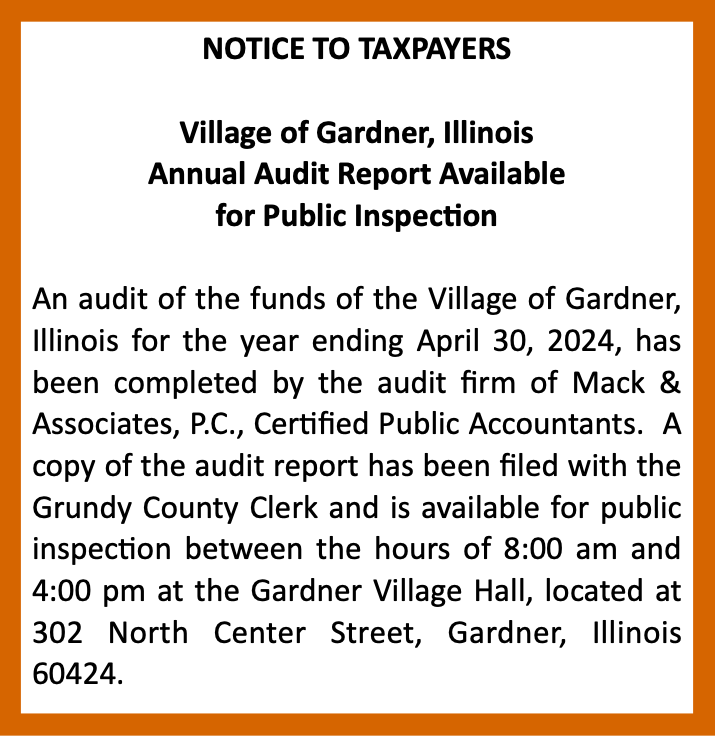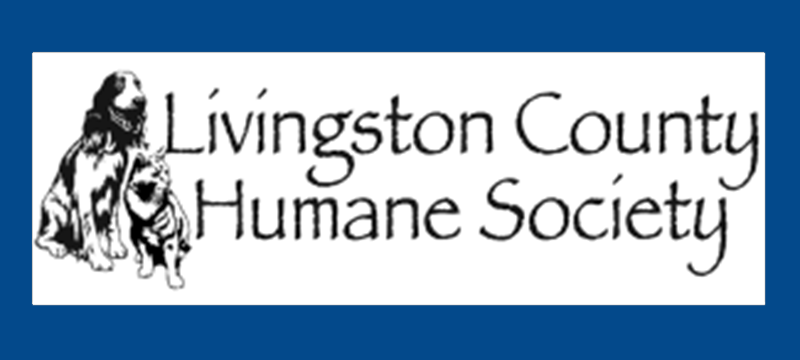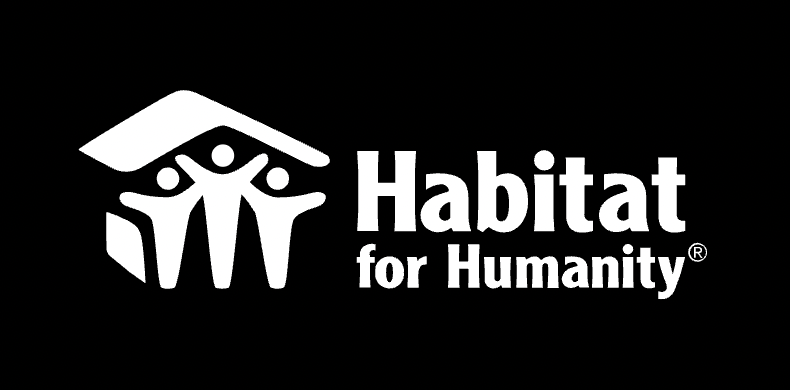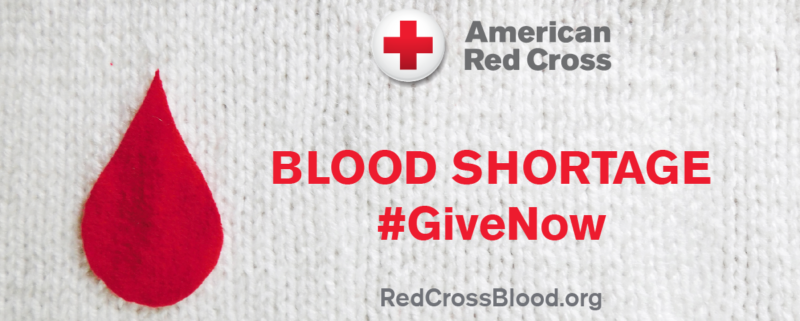 URBANA, Ill. — Pollinators are vital to both plant and human life on Earth. In recent years, pollinator populations have declined dramatically, which has prompted an immediate need for their protection and perpetuation on the landscape.
URBANA, Ill. — Pollinators are vital to both plant and human life on Earth. In recent years, pollinator populations have declined dramatically, which has prompted an immediate need for their protection and perpetuation on the landscape.
Illinois Pollinators, illinoispollinators.org, is a free website devoted to everything pollinators. From identifying pollinator species to the step-by-step process of starting a pollinator garden or attractive habitat, the site is a one-stop resource for those looking to make an impact on the pollinator population.
“The Illinois Pollinators website is a collaborative project created by University of Illinois Extension educators from all around the state,” says Ryan Pankau, Extension horticulture educator. “It contains Illinois-specific information about pollinating insects and the plants they rely on, plus a ton of great tips you can use to help support local pollinators.”
Use the Illinois Pollinators content to:
- Discover which pollinator species call Illinois home
- Understand the importance of pollinators in Illinois and globally
- Identify plants pollinators use. Filter options with the plant selection tool
- Learn about pollinator habitat designs and management tips
- Explore community science and educational opportunities
- Delve into pollinator research at University of Illinois Urbana-Champaign
Whether the goal is choosing plants for thelandscape or creating the perfect container arrangement for smaller spaces, plant choices affect pollinators, and selecting the right plants can have a huge impact on local pollinator populations. The site’s plant selector tool makes the choice easier.
**Editor’s Note: If you find the story above of value, consider clicking one of the Google ads embedded in the story. It costs you nothing but Google will give the website owner a few cents.
“Our plant selector tool includes 95 species of native plants that can both beautify your garden while providing pollinator resources,” says Erin Garrett, Extension natural resources, environment, and energy educator. “The site provides information about each plant’s growing conditions, the pollinators it supports, and its commercial availability.”
Check out examples of pre-planned gardens, or with the push of a button, explore plants that work for your location in Illinois by filtering our plant species list according to specific site conditions or various plant attributes, such as size, flower color, or bloom timing. The plant selection tool allows individuals to discover beautiful flowering plants that fit landscape preferences while assisting with pollinators throughout the year.
Finally, dig into the research surrounding pollinators, their decline, and what individuals can do to help track the pollinators by participating in a variety of community science opportunities.
“It is no secret that pollinators are in decline,” says Ken Johnson, Extension horticulture educator. “Together, we can make a difference by teaching others about the importance of pollinators, adopting pollinator-friendly practices at home, or contributing to ongoing science.”
There is still so much to do to assist pollinators on their journey. See how you can join the challenge by visiting go.illinois.edu/IllinoisPollinators today. For questions, find an Extension expert near you at extension.illinois.edu.
**Editor’s Note: If you find the story above of value, consider clicking one of the Google ads embedded in the story. It costs you nothing but Google will give the website owner a few cents.
ABOUT ILLINOIS EXTENSION: Illinois Extension leads public outreach for University of Illinois by translating research into action plans that allow Illinois families, businesses, and community leaders to solve problems, make informed decisions, and adapt to changes and opportunities. Illinois Extension is part of the University of Illinois Urbana-Champaign College of Agricultural, Consumer, and Environmental Sciences.
SOURCES: Ryan Pankau, University of Illinois Extension, Horticulture Educator; Erin Garrett, University of Illinois Extension, Energy and Environment Educator; Ken Johnson, University of Illinois Extension, Horticulture Educator.
**Editor’s Note: If you find the story above of value, consider clicking one of the Google ads embedded in the story. It costs you nothing but Google will give the website owner a few cents.








